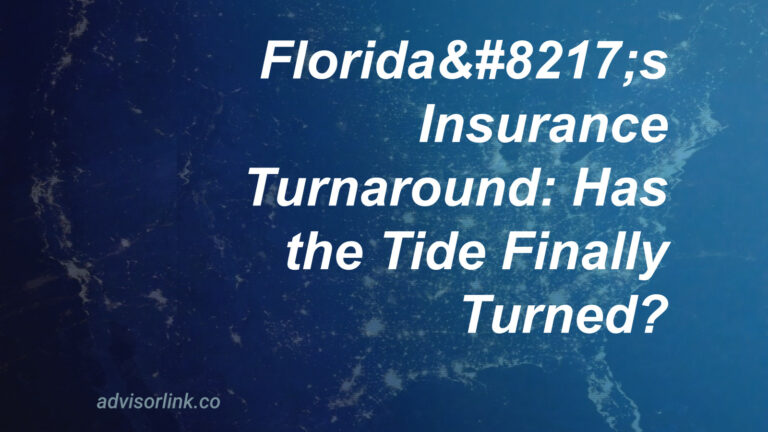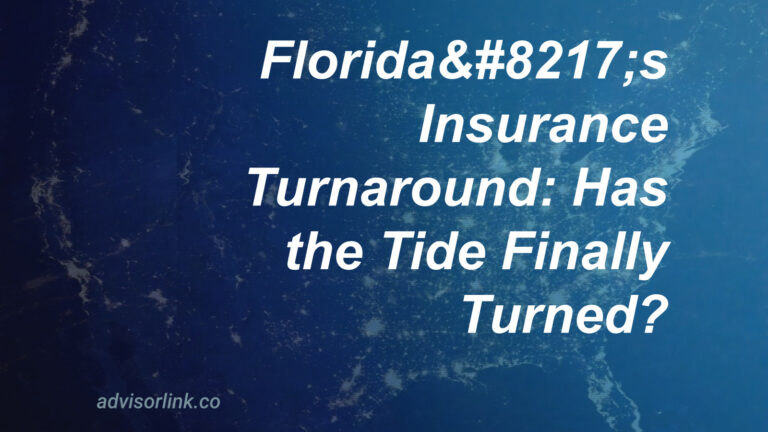California’s Bold Stand on Insurance Privacy: A Watershed Moment for Consumers
California’s Bold Stand on Insurance Privacy: A Watershed Moment for Consumers
Is your personal information truly protected when you sign up for insurance? That’s the question at the heart of California’s groundbreaking new legislation.
The Golden State has once again positioned itself at the vanguard of consumer protection with a sweeping new bill from the California Department of Insurance. This legislation aims to fortify privacy safeguards for individuals and small businesses navigating the often murky waters of insurance data collection and sharing.
What makes this bill different from previous attempts?
Is this simply bureaucratic paperwork, or does it represent genuine progress? The difference lies in its dual focus on both transparency and accountability—two elements often missing in previous regulatory efforts.
The bill requires insurance companies to pull back the curtain on exactly what personal information they collect, how they use it, and with whom they share it. For homeowners still reeling from recent California wildfires, this clarity comes not a moment too soon. Many found themselves caught in a web of uncertainty about how their disaster-related claims might affect their future insurability or rates based on data profiles they never knew existed.
How will this affect the average homeowner?
Is there tangible benefit for the family trying to protect their most valuable asset? You bet there is.
Take the Johnson family in Sonoma County who lost everything in the 2023 wildfires. When they filed their claim, they had no idea that their personal information—including detailed property assessments, financial statements, and even social media posts about the disaster—would be collected, analyzed, and potentially shared across insurance databases. Under the new legislation, they would receive clear notification about what data is being gathered and how it will be used in determining their future coverage and rates.
The bill mandates plain-language disclosures that explain exactly what happens to your personal information after you submit it. This transparency requirement extends to third-party data sharing—a previously shadowy corner of the insurance world where consumer information flowed freely among data brokers and analytics firms without meaningful oversight.
What does this mean for small business owners?
Is there relief for the entrepreneur already drowning in regulatory paperwork? The good news is yes, and the benefits are substantial.
For small business owners like Maria Sanchez, who runs a bakery in San Diego, insurance data practices have direct implications for her bottom line. When her commercial property insurance doubled last year, she had no way to determine if the increase stemmed from legitimate risk factors or from data profiles that might contain inaccurate information. The new law gives Maria and thousands like her the right to access and correct the information insurers use to make these critical decisions.
Beyond access, the legislation creates a framework for small businesses to understand exactly what information affects their coverage and rates. This knowledge levels the playing field, allowing them to make informed choices rather than accepting whatever terms are offered without question.
Could this approach spread beyond California?
Is this a California experiment, or the beginning of a national movement? History suggests the latter.
California has long served as a regulatory pacesetter, particularly in matters of consumer protection and privacy. From auto emissions standards to data breach notification laws, regulations that begin in Sacramento often find their way to Washington and state capitals nationwide.
Insurance executives across the country are watching closely. Some industry leaders, like Farmers Insurance and State Farm, have already signaled plans to implement similar transparency measures nationwide, recognizing that getting ahead of regulatory requirements can both build consumer trust and save compliance costs down the road.
Consumer advocacy groups point to specific provisions of the California bill as models for federal action, highlighting the data minimization requirements that limit collection to information actually necessary for insurance purposes rather than the expansive harvesting that has become common practice.
A Texas homeowner expressed the sentiment shared by many across the country: “If Californians deserve to know what’s happening with their personal information, why shouldn’t we?”
This question gets to the heart of the matter. In a nation where information has become as valuable as currency, knowing who holds your data—and what they’re doing with it—isn’t just a California concern. It’s an American one.
And that’s the way it is—a new day dawning for insurance privacy, beginning in the West but with rays that may soon stretch from coast to coast.
Disclaimer: General Information & Accuracy
This blog provides general information and discussions about insurance and related subjects for informational purposes only. It is not intended as professional advice, including but not limited to financial, legal, or medical advice. We strive for accuracy, but laws, regulations, information, and best practices constantly evolve, and unintentional errors can occur. Therefore, we make no warranties about the completeness, accuracy, reliability, or suitability of the blog content. Always consult with a qualified professional for advice tailored to your specific situation. Any reliance you place on this information is strictly at your own risk.





